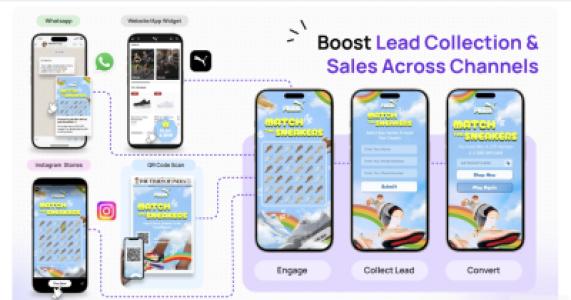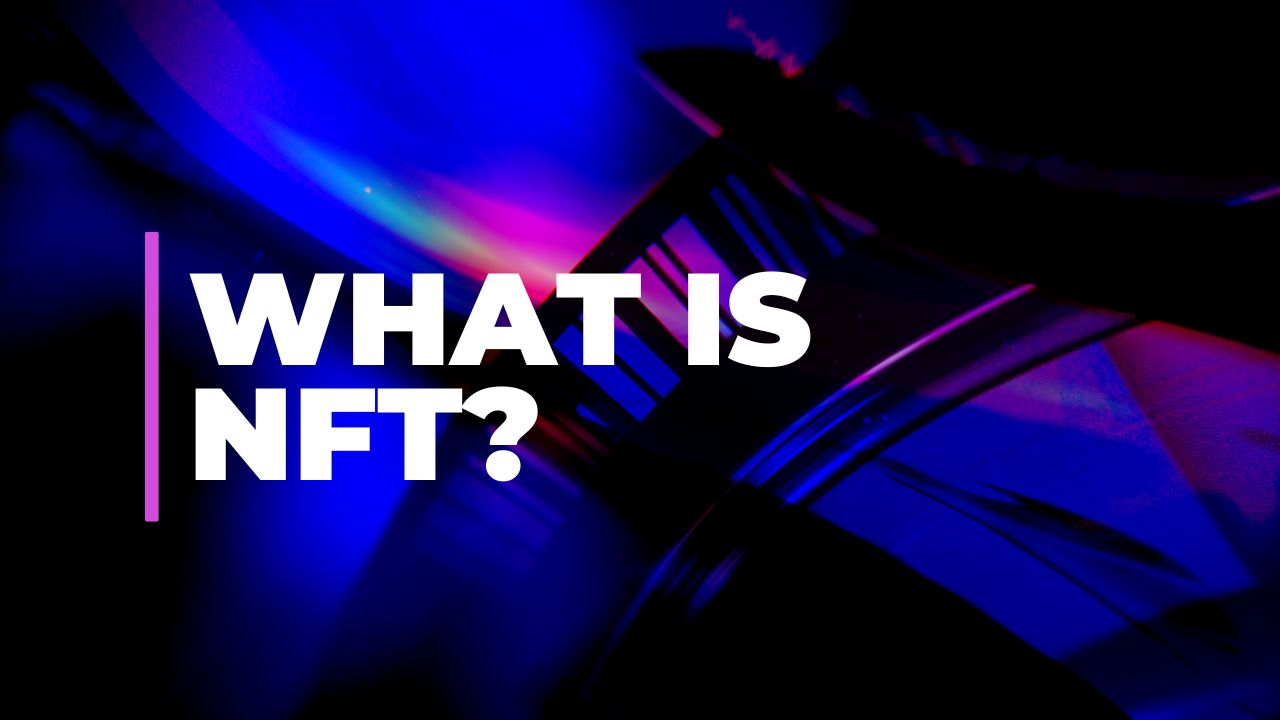
© themes-park | All Rights Reserved

At their core, NFTs are digital assets stored on the blockchain, making them unique and irreplaceable. Unlike cryptocurrencies like Bitcoin or Ethereum, which are interchangeable, each NFT holds a distinct value due to its uniqueness. This characteristic has made NFTs the perfect medium for creators and collectors to verify ownership, provenance, and authenticity in a digital form.
NFTs & Digital Ownership: Beyond Collectibles
NFTs, or Non-Fungible Tokens, have been the buzzword in digital spaces for the last few years, primarily known for revolutionizing the art world and collectibles. However, the true potential of NFTs extends far beyond just digital artwork. As we move into a more digitally integrated world, NFTs are changing the way we think about ownership, authenticity, and access to exclusive content.
While NFTs initially gained popularity in the art world, their application is rapidly expanding across multiple sectors:
Gaming: In-game assets like skins, characters, or virtual real estate can now be tokenized as NFTs. This means players can truly own, buy, sell, or trade items within games, transferring assets between different platforms without losing their value.
Music & Media: Musicians and content creators can tokenize their work, offering exclusive access to songs, albums, or even concert tickets. By doing so, creators can directly engage with their fans, ensuring they receive a larger share of the profits.
Virtual Real Estate: Platforms like Decentraland and The Sandbox are selling virtual land as NFTs, where users can buy, sell, or develop spaces within virtual worlds. This opens up new possibilities for businesses, creators, and consumers to create, experience, and exchange value in digital spaces.
Identity & Credentials: NFTs can represent personal digital identities, certifications, or licenses. This could range from academic degrees to professional certifications, ensuring the authenticity of credentials in the digital age.
The rise of NFTs addresses a significant gap in the digital world—ownership. In the physical world, owning an asset means having control over it, whether it's a piece of art, real estate, or an antique. However, digital items are often seen as less valuable or tangible. NFTs challenge this notion by offering a way to prove ownership and authenticity, even for intangible assets like digital art or virtual goods.
For consumers, NFTs create a new layer of interaction with their digital lives. For creators, NFTs provide a direct method of monetization without the need for intermediaries like galleries or streaming services, potentially empowering a new generation of independent creators.
While NFTs are still in their infancy, their applications are rapidly evolving. Industries from real estate to education are exploring how blockchain technology and NFTs can provide new ways to interact, create, and transact. As this technology matures, digital ownership will become an integral part of our online experience, with NFTs playing a pivotal role in shaping the future of how we own and share our digital lives.
In conclusion, NFTs are no longer just a passing trend in the world of collectibles—they are paving the way for a new paradigm of digital ownership that transcends traditional boundaries. Whether it's in gaming, music, or virtual spaces, NFTs offer limitless potential for both creators and consumers. The future of digital ownership is here, and it’s far more than just collectibles.
© themes-park | All Rights Reserved